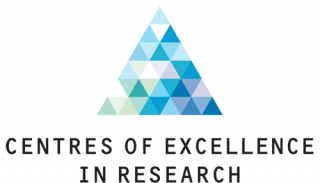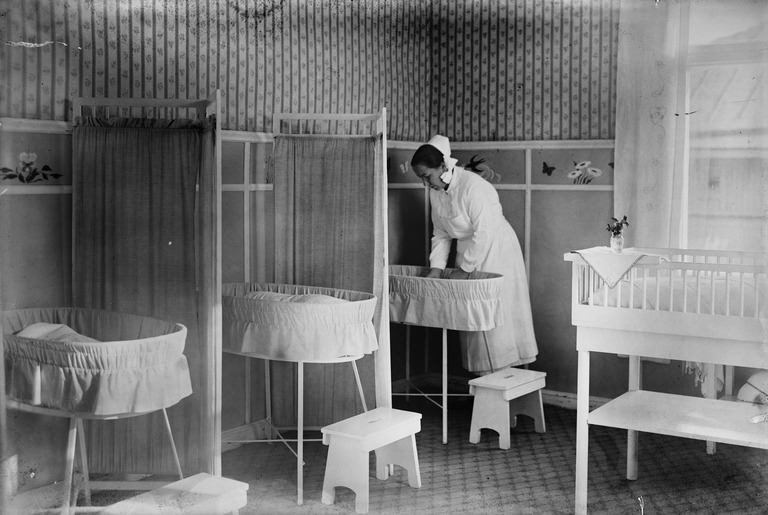In everyday life, the welfare state is lived through various social benefits, services and institutions, some of which date back to earlier periods. These institutions and structures of welfare provision are based on shifting constructions of the “social”, and they contribute to special relationships between the individual and society. Thus, by focusing on the lived welfare state we call for new perspectives and conceptualisations in order to combine micro level approaches and macro analyses of society.
In this collection of essays, we focus on lived institutions, lived institutional care, and encounters between individuals and institutions, ca 1700s–2000s. We explore the multilayered historicity of the welfare state from below and apply a long historical perspective on institutions and institutional care. The topics might include but are not limited to the following:
• Lived institutional care in residential facilities (e.g. for children, elderly, people with disabilities).
• Lived medical care and lived medicine in various settings.
• Encounters with child welfare, social services, philanthropy, voluntary aid, poor relief and penal institutions.
We aim at addressing the following questions, among others: How were residential facilities and other institutions experienced? What kind of practices, performances, spatial settings, soundscapes, language, and embodied sensory elements were present in different institutions, and how did individuals respond to the same? How do socio-cultural patterns of experiencing in institutional contexts vary across time and space? How are experiences of lived institutions and lived institutional care related to societal change?
This book project is coordinated by the Lived Welfare State Team of the Academy of Finland Centre of Excellence in the History of Experiences (HEX), Tampere University. For more information, see https://research.uta.fi/hex/.
The collection of essays will be published in 2022. If you wish to contribute to the collection, please send an abstract of no more than 300 words in English by February 15, 2021 to johanna.annola[at]tuni.fi and hanna.lindberg[at]tuni.fi. Please attach your affiliation and contact information to the proposal. Accepted contributors will be notified by March 5, 2021.


